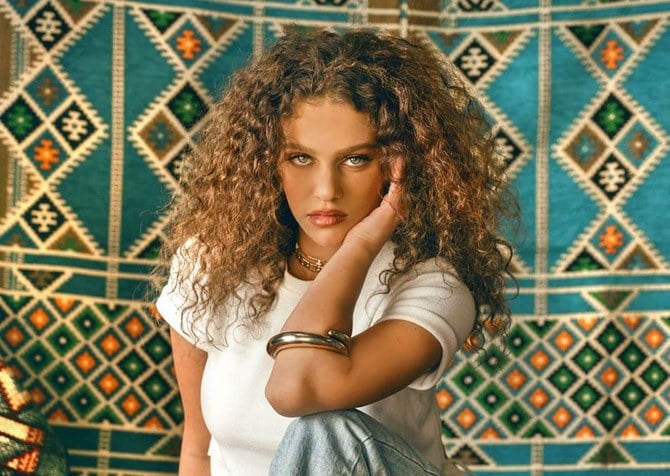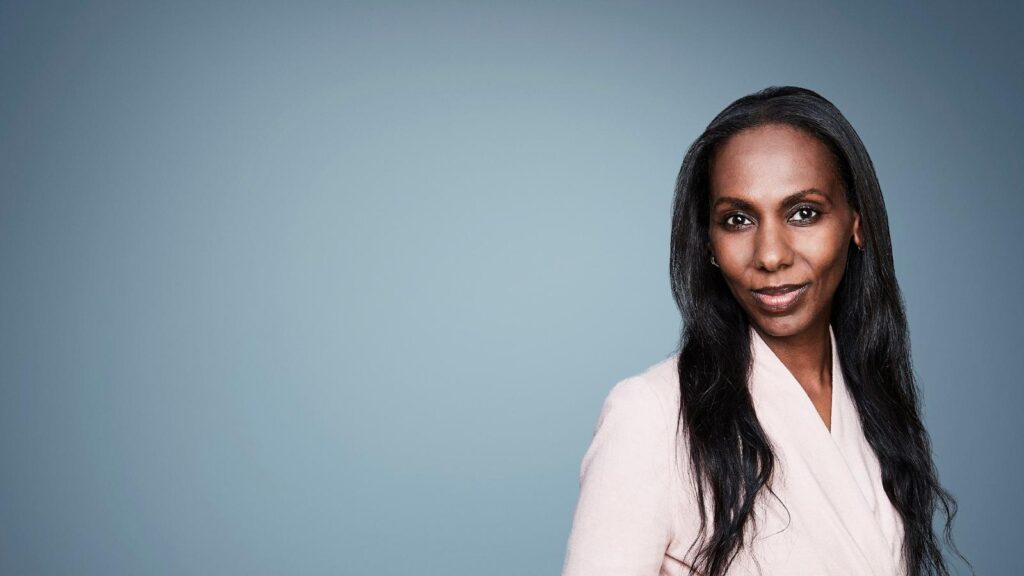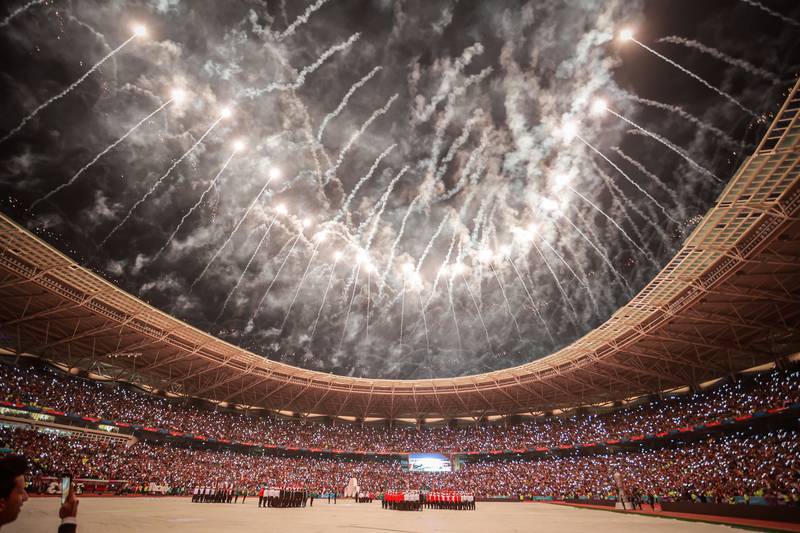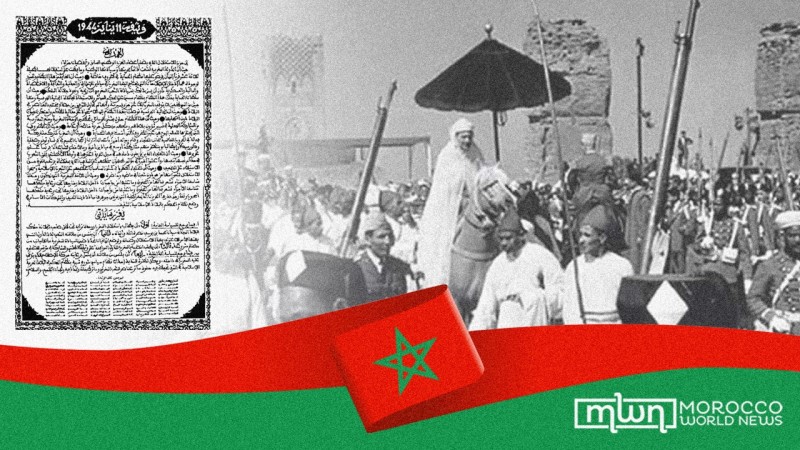Owner Dona Murad says the motto is Bahraini hospitality, Copenhagen technique and New York energy.
If you ever find yourself in Cooper Square, in the Lower East Side of Manhattan, you might find a queue forming outside a cosy-looking bakery.
That would be Librae, New York’s — and possibly the whole of America’s — first Bahrain-owned-owned bakery. It’s the brainchild of Dona Murad, a Bahraini entrepreneur married to a New Yorker.
“We always wanted to have something in his hometown to represent the both of us,” Murad says on the phone from Dubai, where she lives when she’s not in the Big Apple.
“We wanted a space that brought together different cultures, religions and diversity.”
One quick look at the menu confirms they have achieved exactly that. Highlights include the rose pistachio croissant, a feta and dill scone and a lumee babka bun.
Lumee, or black lime, is liberally used in Bahraini cuisine.
“It’s used in tikka and stews and we wanted to create a pastry that was Bahrain and New York,” Murad says.
“So we took black lime, crushed it up, made it sweet in a lemon curd and put it into a babka, that’s classic New York.
“We gave it oomph and our own identity.”
Murad arrived in New York before the opening with black lime in her suitcase, knowing it was always going to be on the menu.
Another unique dish is the Marmite cheddar and scallion escargot, which is also on the menu at Hopscotch, Murad’s first cafe in Bahrain.
“Marmite is so hard to find in New York. We were buying it on Amazon in tiny little bottles, scraping every morsel out of the corners,” Murad says with a laugh.
“But we took that and put it in our morning bun and get the occasional English or Australian person who gets excited to see it on the menu.
“We love using flavours familiar to us, experimenting with them, putting them together in things that become delicious, like a disco in your mouth.”
Murad describes Librae as a “third culture cafe”, where they use “a little bit of this, a little bit of that”, with flavours and design influences from all over the world, from Bahrain to Bali and Morocco to India.
They also create new desserts for religious occasions, whether it’s for Eid and Ramadan, Christmas or Hanukkah.
It’s not just the flavours that stand out, either, but the technique used in the baking.
Murad and her husband, Andre, love the food scene in Copenhagen and so they were inspired by the Denmark capital’s unique fermentation process, which uses more salt and fat than usual with sourdough.
“Their approach to fermentation is quite a scientific one so giving examples might be a bit tedious, but if I had to explain it in two words it comes down to ‘no shortcuts’,” Murad says.
“Our croissant for example takes over 72 hours to get just the first step.”
Murad says their motto is “Bahraini hospitality, Copenhagen technique and New York energy”.
They were also really inspired by Denmark’s bakery culture, which, she says, is “small, warm and they have really good coffee”.
The combination of great pastries and delicious coffee was important to her when setting up.
“You don’t get two great products in one space. Usually people ignore one or the other,” Murad says.
“It might be a great bakery but they don’t care about coffee, so we wanted to do both.”
This is a similar premise she used in creating Hopscotch and Grind, a roastery she also owns in Bahrain.
Hopscotch opened six years ago and remains a go-to spot for food and coffee lovers on the island.
Nowadays, her brother and mother run the business in Bahrain, while she hops between the US and UAE.
Other dishes on Librae’s menu also hail from Hopscotch. The labneh zaatar morning bun customers find in New York, for example, is inspired by the zaatar labneh twist in Bahrain.
“It’s the evolution of the brand,” says Murad. “Librae is like the cooler, younger sister.”
As someone with no experience of running a business in New York, Murad was nervous about opening Librae.
But what made it even more risky was that they were doing it when there was still a mask mandate in the city because of the pandemic.
“It was scary, it was so polarised there,” she says. “You had people who would not walk into some places for certain reasons, so we were scared at the beginning. We didn’t have our foot in the door.
“Before opening, we were making almost 400 croissants a day. We refused to open until we had a croissant I would stand in line for … so I was standing outside the door, handing out croissants to people on the street.”
People would nudge away from Murad, looking at her as if she was “crazy”, she says, but every third person would respond.
“We would form a connection, tell our story and that got people talking to us and interested. Those people came back and stood in line to support us.”
They finally opened in May last year and the community has responded well.
“It’s so surreal,” Murad says. “I go outside and I look at the line forming and get goosebumps.
“Our communities responded here, in Bahrain, Saudi Arabia, all over the Gulf and a lot of people in New York. We have regulars now.”
Another aspect she brought from the Gulf was the idea of relaxing in a cafe.
“Coffee culture in New York is very different to Dubai or Bahrain,” she says. “We wanted to create a bakery where people would sit down and dwell and enjoy, somewhere to have a good cup of coffee and pastries.
“There are a lot of coffee shops that are beautiful and New York runs on caffeine because it’s such a fast-paced society. This is a space that brings the way we enjoy coffee to the centre of Manhattan.”
Murad hasn’t had much time to think about her next step, but she hasn’t ruled out opening something new in the UAE.
“If the right opportunity comes along, it’s my second home, so why not? Dubai has so many great options, but there is always room.”
As for Librae, which is simply named after her star sign (“You know how when you don’t know how to pronounce something it automatically becomes cooler,” she says with a laugh), she’s focused now on growing the brand.
“I want to continuously learn in the industry. I enjoy what I do. Whatever opportunity comes my way, I want to be able to take it. I want to expand Librae’s horizons and see where it takes me.”
source/content: thenationalnews.com (headline edited)
________
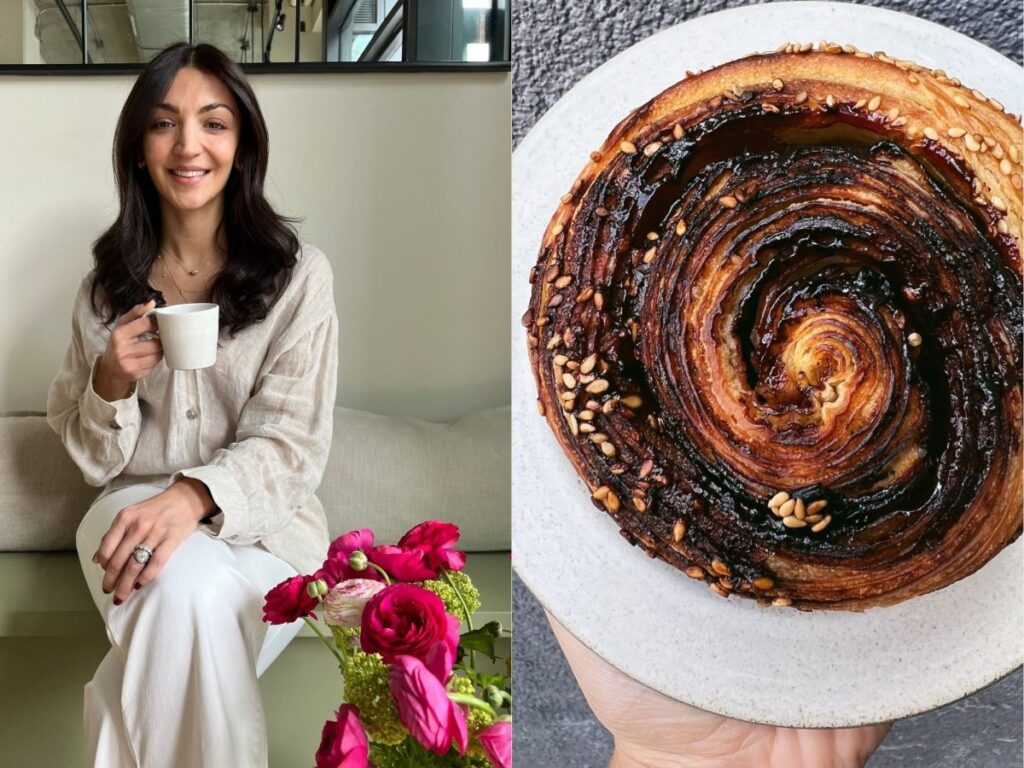
___________
BAHRAIN

